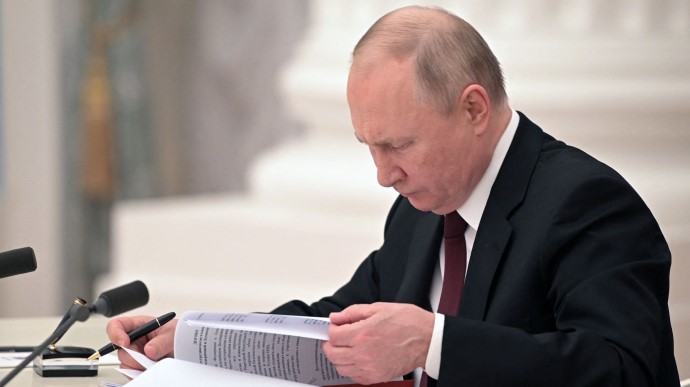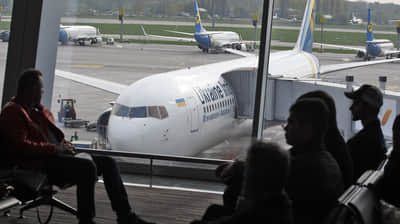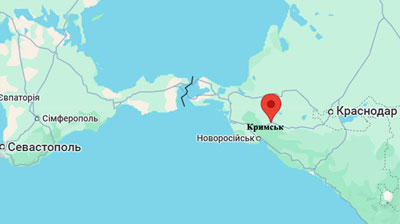Putin signs law stipulating ten years behind bars for desertion and surrender

KATERYNA TYSHCHENKO — SATURDAY, 24 SEPTEMBER 2022, 17:01
Russian President Vladimir Putin has signed a law amending the Criminal Code of the Russian Federation to specify harsher penalties for desertion, looting and surrender.
Source: Interfax news agency, with a link to the official legal information portal of the Russian Federation
Details: In particular, the law introduces the concepts of "mobilisation", "martial law" and "wartime" to the Criminal Code.
Several new articles are also being introduced to the Criminal Code.
One of the new ones is Article 352.1 ("Voluntary surrender"). A Russian soldier can face 3-10 years in prison for this, if there are no indications of treason.
It is noted that "a serviceman who has committed a crime under this article for the first time may be exempted from criminal liability if he took measures to secure his release, returned to his unit or place of service, and committed no other crimes during his captivity."
The "Looting" article (Art. 356 part 1) has been amended to provide for a term of imprisonment of up to 15 years. At the same time, the law proposes to consider the commission of this crime "during a period of mobilisation, martial law or wartime" as aggravating circumstances (Article 63).
The penalty for unauthorised leave during a period of mobilisation and martial law (Article 337 of the Criminal Code) is more severe than in peacetime. An absence of 2-10 days is punishable by up to five years in prison (previously it was one year); for an absence of between ten days and one month, a serviceman may face up to seven years in prison (previously up to three years). A serviceman who is absent for more than a month could face a sentence of between five and ten years in a prison camp (previously up to five years).
The law notes that "a serviceman who has committed acts specified in parts 1, 2, 3 or 4 of this Article for the first time may be exempted from criminal liability if such unauthorised absence from his unit or place of service, or failure to report for duty without valid reasons, were the consequence of a combination of exceptional circumstances."
It is established that the failure of subordinates to comply with a superior’s order issued in the established procedure during martial law, in wartime, or in conditions of armed conflict or combat operations, and the refusal to participate in military or combat operations, are punishable with two to three years’ imprisonment (part 2.1 of Article 332 of the Criminal Code).
If such acts resulted in serious consequences, the penalty will be between three and ten years’ imprisonment.
In addition, the law provides that reservists will be subject to criminal prosecution for unauthorised leave from their unit or place of service, as well as for failure to report for duty on time without valid reasons during the period of their military training.
The law specifies that if such an act occurred during a period of mobilisation and martial law, and it lasted from two to ten days, there is a penalty of up to five years in prison (up to one year if there is no martial law). If the reservist was absent for a period of between ten days and one month, the penalty is up to seven years’ imprisonment (up to three years if there is no martial law or mobilisation). For an absence longer than a month, the prison term will be 5-10 years in a prison camp (or five years if there is no martial law or mobilisation at the time).
The law also introduces several articles on failure to fulfil the state defence order and violation of the terms of a state contract.
The signed amendments take effect starting from the date of their official publication.
Background: On 20 September, the Russian State Duma introduced the concepts of mobilisation and wartime into the Criminal Code; it also approved amendments on liability for desertion during mobilisation or wartime.
Journalists fight on their own frontline. Support Ukrainska Pravda!





